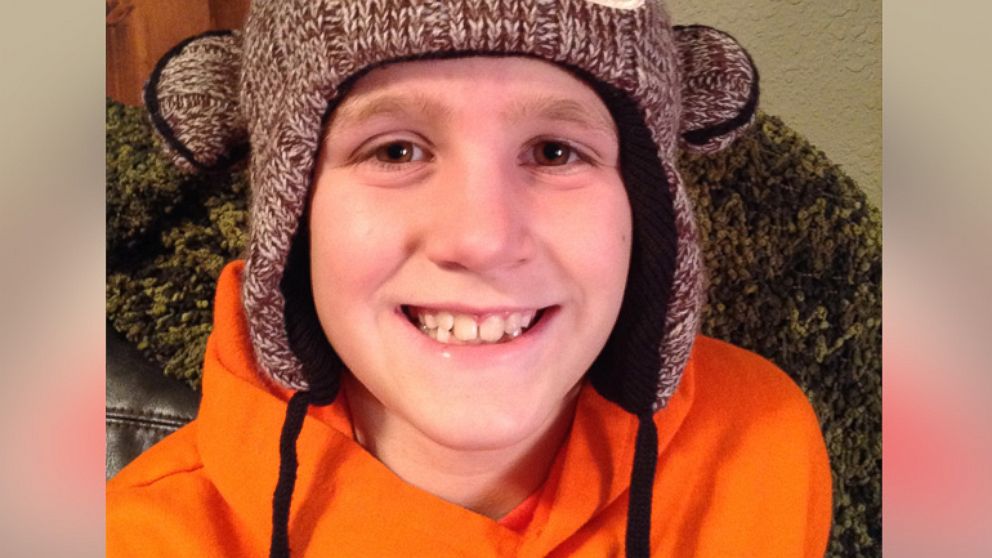Having Cancer Can Be Really Scary When You're a Kid
What you can learn from a mom who had to tell her son he had cancer.

Jan. 20, 2014— -- To 9-year-old Trevor Storie, cancer meant death.
Both of his grandmas died of cancer, so when the Shawnee, Okla., boy learned he had it – even though his cancer is considered curable – the news was hard to process.
"When we told him what he had, he just broke down because he just assumed he wasn't going to make it," Trevor's mother, Zona Storie, told ABCNews.com.
Storie's mother died of pancreatic cancer and her husband's mother died of breast cancer. Even Storie's teenage children feared the worst.
"All they knew was that cancer is bad," she said. "We never even thought about it."
Trevor's cancer, rhabdomyosarcoma, is considered "one of the happy stories of childhood oncology," leading pediatric urologist Dr. John Gearhart, who has not treated Storie, told ABCNews.com. Gearhart is the chief pediatric urologist at the Johns Hopkins Children's Center, where he sees one or two cases of rhabdomyosarcoma a year.
Rhabdomyosarcoma is a cancer of the primitive muscle cells that typically affects children between 2 and 4 years old and 12 and 15 years old. It often appears around the bladder, vagina or – in Trevor's case – the prostate. Although it was often considered a death sentence in the 1960s, it can now be treated with a mix of chemotherapy and organ-sparing surgery.
"This child's outlook with modern therapy should be very good," Gearhart said.
But Storie didn't have to tell Trevor alone. A social worker at the hospital helped her.
"Once they told us, we were struggling about how we were going to tell him," Storie said. "They explained to him what they were going to do and how they were going to do it and that it was curable…it actually made a huge difference."
Many hospitals have similar help for parents and patients. At UH Rainbow Babies & Children's Hospital in Cleveland, Janna Shelby is a social worker in the oncology department. It's her job to help families break this news to their children, and she and her team often become a sort of second family throughout the patient's treatment.
Although every child's situation is different, there are a few basic principles.
"Be very honest with the child about what's happening with them," she said. "We always recommend honesty and speaking in the child's language in terms of their development level. To let them know that they're sick and that all these people surrounding them are going to work together to try to cure them to help them get better."
She said some families try to avoid using the word "cancer" but the child can cope better if that child knows what he or she is dealing with.
Trevor started chemotherapy in mid-December, and he'll undergo about 42 weeks of it in all. Trevor feels sick, has lost his hair and wonders why this is happening to him, but Storie helps him through it, and he's slowly getting better.
Trevor even got to go back to school one day between treatments.
"It was pretty amazing," said Storie, who spent the day at school with Trevor. "He walked through the door and they were just overwhelmed. He was kind of like a star, they were just so happy to see him. They all wanted to talk to him at once. "






